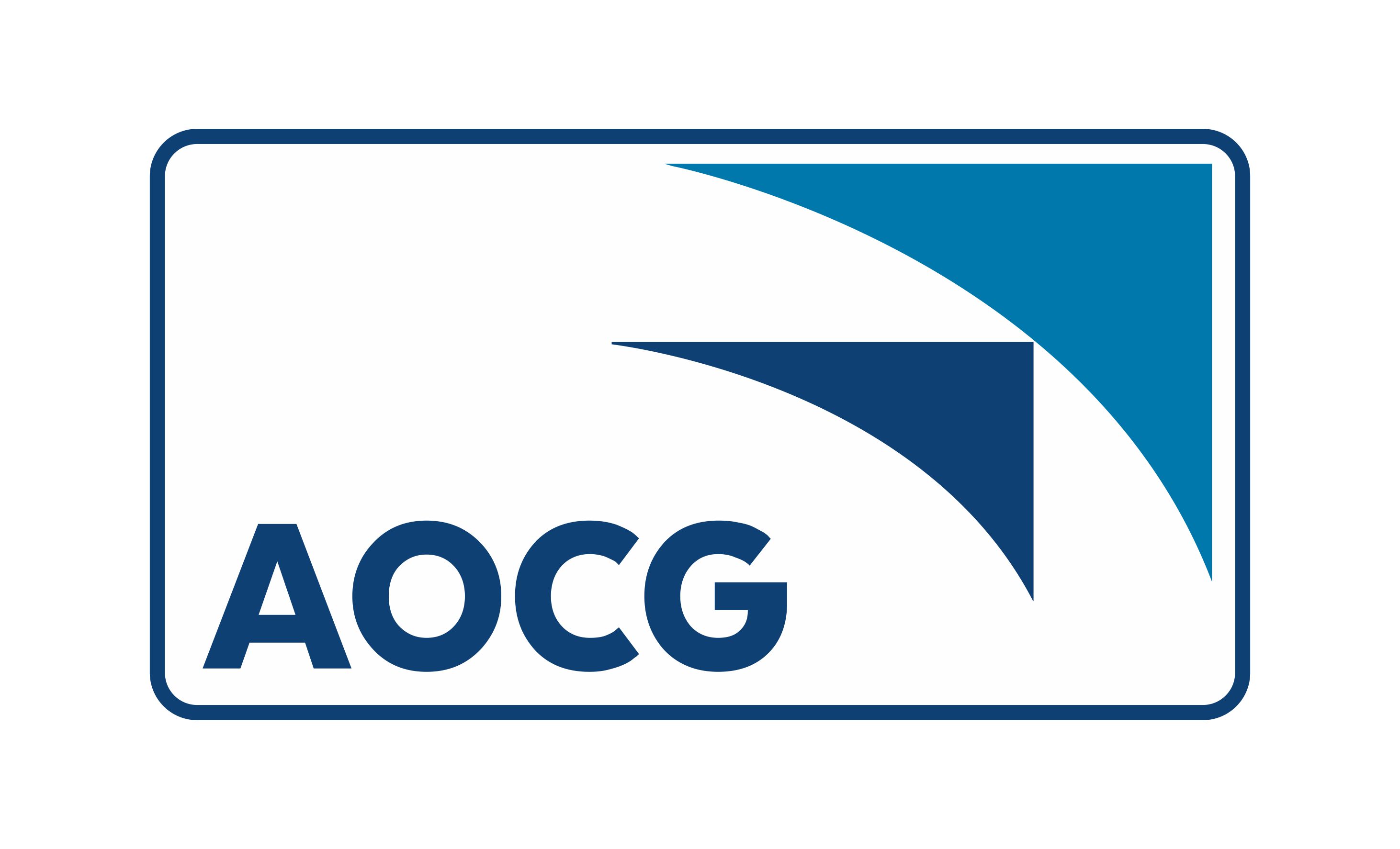School System
Education in the UK starts at the age of 4 and continues until the age of 6-7 (Year 2 of school) when the students of England appear for Key Stage 1 National Curriculum Test. By the time a student reaches the Year 6 of school (age 10-11), he or she appears for Key Stage 2 National Curriculum Test. The Key Stage 3 National Curriculum Tests (also known as the Standard Assessment Test) are organised for middle school students aged between 13 and 14. At the age of 16, these students take 6 to 10 subjects in the GCSE (General Certificate of Secondary Education) examinations. GCSE exam results are graded between A* to G. The globally recognised International GCSE (IGCSE) follows the same system of gradation.
Students aged 17 to 18 in England and Wales who want to continue beyond the GCSE study for the Advanced or ‘A’ Level examinations. These are split into two stages AS level and A2 level. A Levels are the entrance requirement to study at university. Scotland has a slightly different structure. As an alternate to the GCSE, students appear for Standard Grades level examinations, and instead of A Levels, they take Higher and Advanced Higher.
Pre-university options
Higher National Certificate (HNC) and Higher National Diploma (HND)
The HNC and HND are qualifications in more practical areas. These are the academic equivalent to year one and year two of undergraduate degree programmes and HND students can apply for a second or third year of an associated course in the universities.
International Foundation Courses (IFC)
The IFC is a bridge between non-UK secondary and higher secondary level courses and UK qualifications, and are the required educational standard for college degree courses. It is an acknowledged entrance route for degree courses in a UK college or a university.
Awards, Certificates and Diplomas
There are a wide range of qualifications offered by Awarding Organisations in practical subjects. They are categorised by their size from the smallest, an Award, then Certificate, up to the largest, a Diploma and by their academic level from zero to eight. A Levels are at academic level 3, a bachelor’s degree is academic level 6 and a master’s degree is academic level 7.
University options
Undergraduate Degree Courses
Single subjects : The vast majority of bachelor degree courses in the UK are in single subjects for three years. However, engineering can be four years and medicine, veterinary medicine and dentistry are normally five years.
Joint degrees: Many universities offer combined subjects. These degrees usually have 2 or more subjects which are weighted equally.
Sandwich degrees : A sandwich degree offers students the opportunity to shine academically and ready themselves professionally. Sandwich courses essentially combine study and work. These courses last 4 years, including 1 year of professional experience in the related field. These courses allow international students to acquire professional experience coupled with their academic achievement. Note that only some universities offer these degrees and in limited subjects.
Pre-masters courses
Some universities offer effective programmes at the graduate level to help a student enter the post-graduate level. These programmes, consisting of specialist subjects, last for a whole academic year. They pave the way for a specialist master’s degree.
Post-graduate degrees
The taught master’s degrees in the UK are MBA, MA, MSc, and LLM. These degrees generally take a year to accomplish. Research degrees such as MPhil and PhD normally take 12-26 months or longer.
